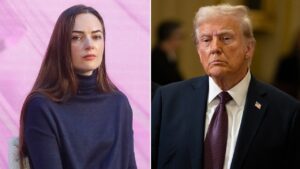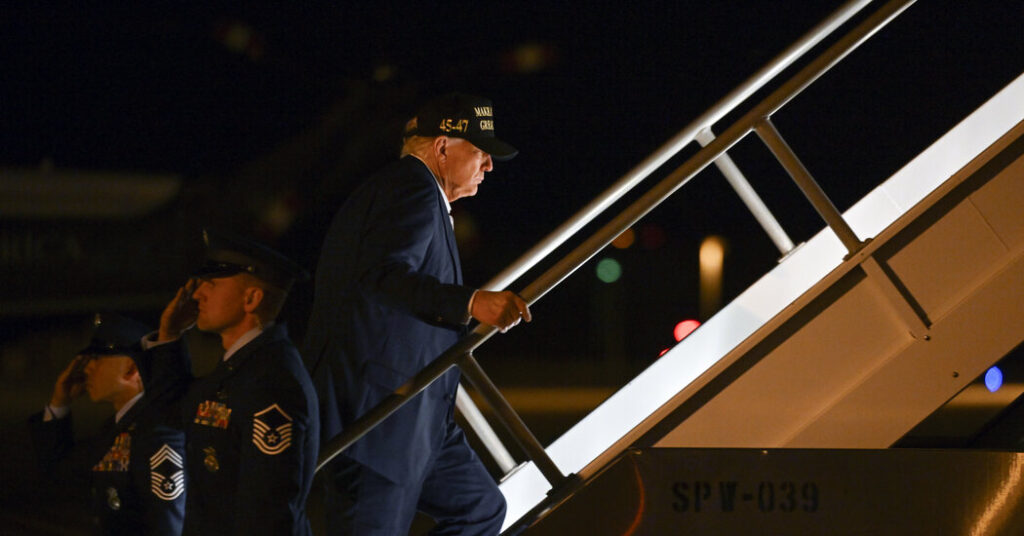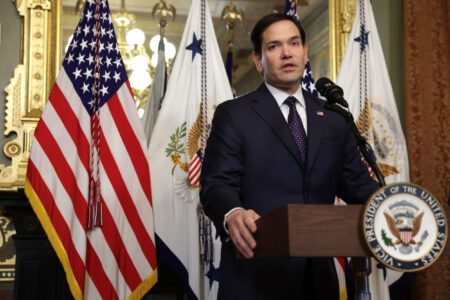President Trump fired 17 inspectors general, the internal watchdogs who monitor federal agencies, on Friday night, capping a week of dramatic shake-ups of the federal bureaucracy focused on loyalty to the president, three people with knowledge of the matter said.
The sweeping move did not affect Michael E. Horowitz, the inspector general for the Justice Department, according to one of the people with knowledge of the matter. But inspectors general at several major agencies were believed to have been fired.
The Washington Post reported the firings earlier. A White House spokesman did not immediately respond to an email seeking comment.
The firings threatened to upend the traditional independence of the internal watchdogs, and critics of Mr. Trump reacted with alarm.
“Inspectors general are charged with rooting out government waste, fraud, abuse and preventing misconduct,” Senator Elizabeth Warren, Democrat of Massachusetts, said in a statement. “President Trump is dismantling checks on his power and paving the way for widespread corruption.”
People involved in the Trump transition had signaled such a shake-up was likely. And it is in keeping with an effort that Mr. Trump began in early 2020, when he dismissed five inspectors general from their roles.
At the time, Mr. Trump was dealing with a raging coronavirus pandemic across the country, but he also was seeking to reshape the government to remove people he saw as trying to damage him. That included Michael Atkinson, the inspector general for the U.S. intelligence community, who dealt with the anonymous whistle-blower complaint that led to Mr. Trump’s first impeachment by the House.
Democrats accused Mr. Trump of trying to gut the independent offices.
Mr. Horowitz delivered to the Justice Department in late 2019 a report about the F.B.I. investigation of potential links between his campaign and Russians that began in 2016, called Crossfire Hurricane.
Mr. Horowitz found that the F.B.I. had a valid basis for opening the investigation, but he was critical of the application for a warrant to secretly monitor a Trump campaign adviser, Carter Page. He also said the F.B.I. director at the time the investigation was opened, James B. Comey, had violated the department’s policy with secret memos about his interactions with Mr. Trump that later became public.
The Justice Department declined to prosecute Mr. Comey, a decision that infuriated Mr. Trump.
Read the full article here

















